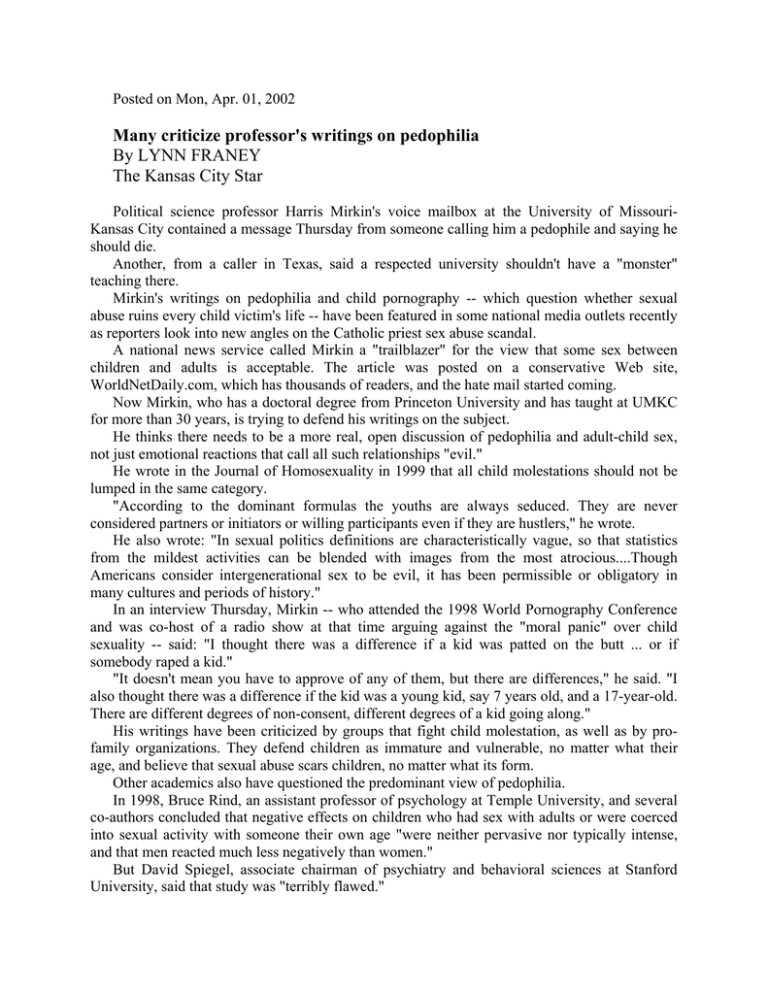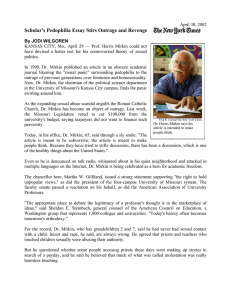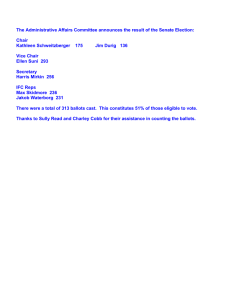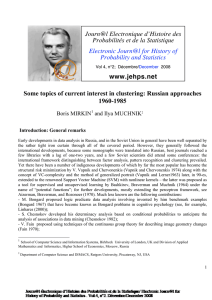Many criticize professor's writings on pedophilia By LYNN FRANEY
advertisement

Posted on Mon, Apr. 01, 2002 Many criticize professor's writings on pedophilia By LYNN FRANEY The Kansas City Star Political science professor Harris Mirkin's voice mailbox at the University of MissouriKansas City contained a message Thursday from someone calling him a pedophile and saying he should die. Another, from a caller in Texas, said a respected university shouldn't have a "monster" teaching there. Mirkin's writings on pedophilia and child pornography -- which question whether sexual abuse ruins every child victim's life -- have been featured in some national media outlets recently as reporters look into new angles on the Catholic priest sex abuse scandal. A national news service called Mirkin a "trailblazer" for the view that some sex between children and adults is acceptable. The article was posted on a conservative Web site, WorldNetDaily.com, which has thousands of readers, and the hate mail started coming. Now Mirkin, who has a doctoral degree from Princeton University and has taught at UMKC for more than 30 years, is trying to defend his writings on the subject. He thinks there needs to be a more real, open discussion of pedophilia and adult-child sex, not just emotional reactions that call all such relationships "evil." He wrote in the Journal of Homosexuality in 1999 that all child molestations should not be lumped in the same category. "According to the dominant formulas the youths are always seduced. They are never considered partners or initiators or willing participants even if they are hustlers," he wrote. He also wrote: "In sexual politics definitions are characteristically vague, so that statistics from the mildest activities can be blended with images from the most atrocious....Though Americans consider intergenerational sex to be evil, it has been permissible or obligatory in many cultures and periods of history." In an interview Thursday, Mirkin -- who attended the 1998 World Pornography Conference and was co-host of a radio show at that time arguing against the "moral panic" over child sexuality -- said: "I thought there was a difference if a kid was patted on the butt ... or if somebody raped a kid." "It doesn't mean you have to approve of any of them, but there are differences," he said. "I also thought there was a difference if the kid was a young kid, say 7 years old, and a 17-year-old. There are different degrees of non-consent, different degrees of a kid going along." His writings have been criticized by groups that fight child molestation, as well as by profamily organizations. They defend children as immature and vulnerable, no matter what their age, and believe that sexual abuse scars children, no matter what its form. Other academics also have questioned the predominant view of pedophilia. In 1998, Bruce Rind, an assistant professor of psychology at Temple University, and several co-authors concluded that negative effects on children who had sex with adults or were coerced into sexual activity with someone their own age "were neither pervasive nor typically intense, and that men reacted much less negatively than women." But David Spiegel, associate chairman of psychiatry and behavioral sciences at Stanford University, said that study was "terribly flawed." "As we've seen with people abused by the priests, there are long-term ill effects," he said. "There is a movement to normalize sexual relationships between adults and children. It is wrong, empirically, morally, ethically, and it's illegal." The U.S. House passed a unanimous resolution rejecting the 1998 Rind study. A year later, the American Psychological Association, which published the Rind article, passed a resolution saying "sexual relations between children and adults are abusive, exploitive, reprehensible and properly punishable by law." Mirkin, a father and grandfather who teaches a class called "The Politics of Sex," said he approaches pedophilia from an academic viewpoint. He argued in a 1999 article that the lack of discussion about adult-child sex is similar to patterns of misogyny and homophobia that have changed in the past few decades. Yet he said it is absolutely unacceptable for people in positions of power over children -such as teachers and ministers -- to engage in sexual relationships with young people. The abuse of children by priests, he said, is a "gross violation of trust" and "impermissible." "It's frustrating because the position I have is distorted," he said. "It makes me sound like I'm head of a pro-sex-with-children organization. There is no organization, I am not the head of it, and I don't endorse sex with children." He said he has simply tried to get people to tone down the "hysteria" surrounding child sex abuse. Mirkin is a leader on the UMKC campus, serving as co-director of the honors program in the College of Arts and Sciences and as secretary of the faculty senate. Max Skidmore, also a longtime UMKC political science professor, said Mirkin is respected and is taking a civil liberties approach to a sensitive topic that most academics would shy away from because it is so volatile. "They see him as an advocate of adult-child sex, and he certainly is not advocating that," Skidmore said. The national attention to Mirkin's writings prompted the university to craft a response to media inquiries: "Harris Mirkin's views on the subject reflect his First Amendment right of free speech and in no way represent the views of the university." Newhouse News Service contributed to this report. -------------------------------------------------------------------------------To reach Lynn Franey, higher education reporter, call (816) 234-4927 or send e-mail to lfraney@kcstar.com.


